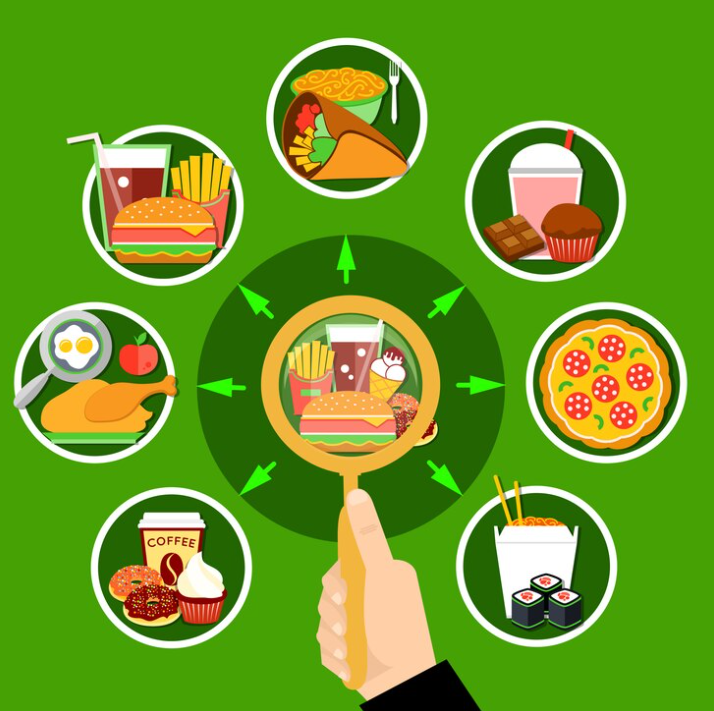
Tips for Safe Handling and Preparation of Raw Foods
Cooking Up a Storm Safely
Cooking up a storm in the kitchen? Whether you’re whipping up a fresh salad or grilling some steak, handling raw foods safely is key to keeping yourself and your loved ones healthy. Here are some simple tips to ensure you’re preparing raw foods safely.
1. Wash Your Hands Thoroughly
Before and after handling raw foods, wash your hands thoroughly with soap and warm water. This step is crucial for preventing the spread of harmful bacteria. Remember to scrub for at least 20 seconds to effectively remove germs.
2. Keep Surfaces Clean
Always clean and sanitize cutting boards, countertops, and utensils after each use. This is especially important if they’ve come into contact with raw meats, poultry, or seafood. Regular cleaning helps reduce the risk of cross-contamination.
3. Use Separate Cutting Boards
To prevent cross-contamination, designate separate cutting boards for raw meats, poultry, seafood, and produce. This simple practice significantly lowers the risk of spreading harmful bacteria. Consider using color-coded boards to make this easier.
4. Cook Thoroughly
Ensure that raw meats, poultry, seafood, and eggs are cooked to their recommended safe internal temperatures. Use a food thermometer to verify temperatures and ensure harmful bacteria are killed. This step is vital for food safety in home cooking.
5. Store Raw Foods Properly
Refrigerate or freeze perishable raw foods promptly to slow bacterial growth. Keep raw meats, poultry, and seafood separate from ready-to-eat foods in the fridge. This helps prevent cross-contamination and keeps your food safe.
6. Thaw Safely
When thawing frozen raw foods, always do so safely. Use the refrigerator, cold running water, or the microwave. Avoid thawing foods at room temperature, as this can promote bacterial growth. Understanding safe thawing practices is key to maintaining food safety.
7. Handle Eggs Carefully
Store eggs in their original carton in the refrigerator, and use them within three weeks. When cracking eggs, do so on a clean surface, and promptly cook them to kill any bacteria. This helps prevent salmonella infections.
8. Be Mindful of Produce
Always wash fruits and vegetables under running water before cutting, peeling, or eating them, even if you plan to peel them. This practice helps remove dirt, bacteria, and pesticides, ensuring your produce is safe to eat.
9. Avoid Cross-Contamination
Avoid using utensils or plates that have come into contact with raw foods on cooked or ready-to-eat foods. Keeping raw and cooked foods separate is essential for preventing foodborne illnesses. Be aware of cross-contamination risks in your kitchen.
10. Use Safe Marinades
When using marinades for raw meats, poultry, or seafood, discard any leftover marinade that has touched raw foods. Alternatively, prepare extra marinade to use for basting during cooking. This helps maintain food safety while enhancing flavors.
Conclusion
By following these simple tips, you can ensure that you’re handling and preparing raw foods safely. This reduces the risk of foodborne illness for you and your family, allowing you to enjoy cooking with confidence. Emphasizing food safety at home is crucial for a healthy kitchen.
To seek medical advice, always consult a Doctor. Here are our recommended experts. Click Here
To read more on Food poisoning. Click Here


